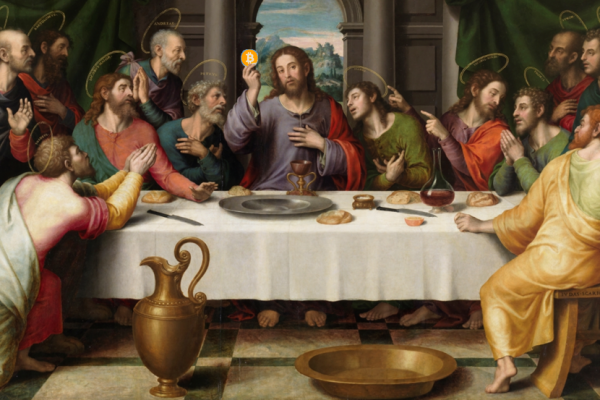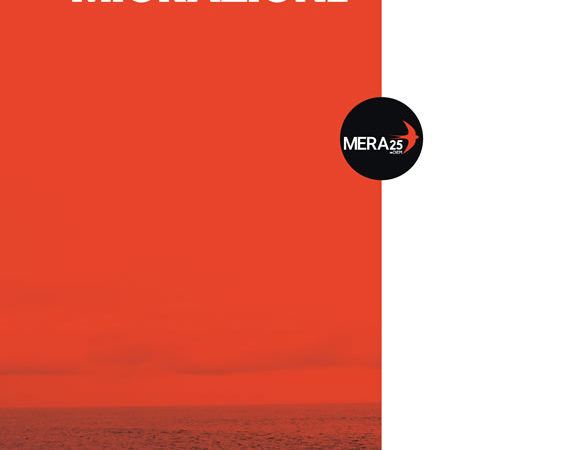It was too good to be true: a currency for the people, by the people – and against the big speculative capital. Bitcoin was widely acclaimed by both sides of political spectrum for its radical potential: libertarians and right-wing marketers, who saw it as an escape from abusive state-controlled institutions, as well as by anarchists on the left, who saw it as basis for collaborative organization forms beyond Wall Street. Its radical potential cannot be overstated. As Scott Brett writes in his recent wide-ranging study, Bitcoin could have been not only a mechanism for grassroots financial transactions – it also offered a chance for countries in the Global South to extricate themselves from their dependence on the Northern banking oligopoly. Much of this was good, as in the case of Islamic Hawala’s cooperative schemes. And some of it was bad, as in the case of money laundering for terror networks and drug cartels.
Alas, Bitcoin appears to have fallen into familiar traps. Yanis Varoufakis warns us about the fantasies of “apolitical” money – the fundamental tendency for our currencies to create sharp fault lines between the aristocracy and a new “Bitcoin proletariat”. He clearly demystifies its original mantra “the more people drain into <>, the more stable will it become.”
But that does not mean that we should lose sight of the potential of the underlying technology. Blockchain can empower borrowing and credit purchasing directly between people and the state, as well as a lower cost alternative to the existing private bank system. Looking to the DiEM25 European New Deal, the Blockchain could provide crucial support to the Public Digital Payment Platform, presented in detail in Appendix 2 of the proposal. According to this scheme, the central European bank would retain its key role to regulate the money supply and to support, jointly with reformed European institutions, the public investment program at the core of our New Deal. But the Blockchain could radically expand access to these financial services – creating a new finance for the many against the few.
Bogdan is a member of DSC Bucharest, but also a humble engineer living in Munich. His main points of interest are socio-political issues of South-East Europe, as well as promoting DiEM25 there.
Volete essere informati delle azioni di DiEM25? Registratevi qui!




